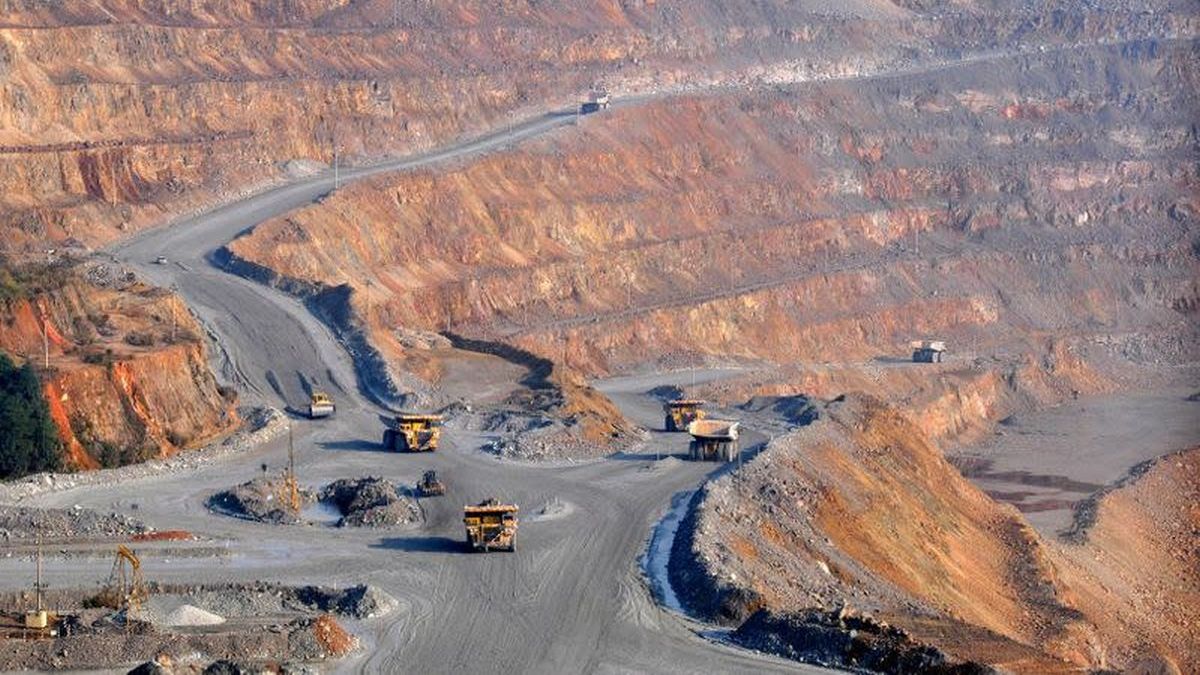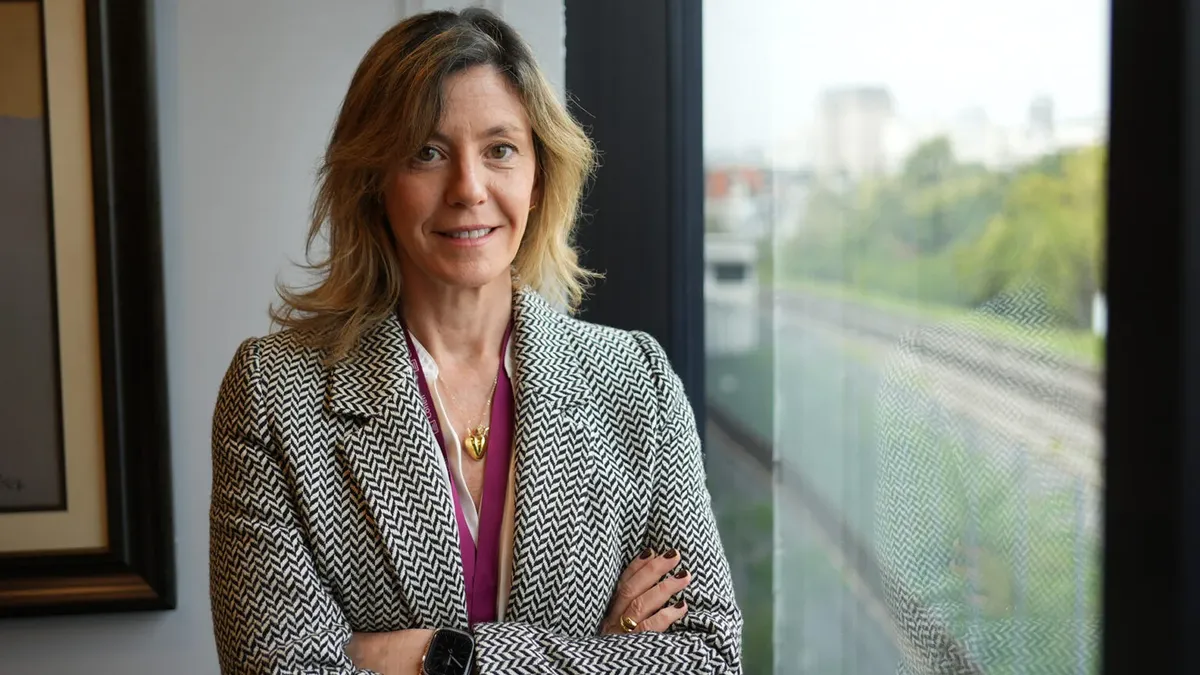As Ámbito anticipated, at Technological companies that export, will be allowed free access to 30% of the foreign exchange earned, on the condition that they are for the payment of staff salaries, and thus avoid “brain drain.” While for firms that invest for a minimum of US$3 million, they will be exempt from settling in the MULC for up to 20% of the foreign currency that enters as direct foreign investment.
But, in addition, Economy is already working on another sectoral measure, in this case for mining. Officially, the Secretary of Mining, Fernanda Ávila, when asked if there will be a “mining dollar”, replied: “It’s something we’re talking about. Not a unique solution for the sector, because there is no magic answer to the problems of 13 exporting companies. We are surveying the needs and seeing the measure that best fits”. The words came from Ávila’s participation in a business seminar called Democracy and Development.
As this newspaper was able to find out, technically it will not be a “mining dollar”, that is, a differential exchange rate such as soybeans have. The measure would be focused on making the stocks more flexible, that is, free access to foreign currency for companies for a percentage of their exports. This benefit would be given with the objective that they use the dollars to oil imports, amid Central Bank restrictions. In daily meetings that Ávila has with companies, this is usually one of the main claims.
Massa is particularly interested in this sector. This Wednesday in the presentation of the budget he dedicated a part of the speech to expose the good moment he is going through: “In mining matters, I want to point out that there are 18 projects in operation, 7 new ones under construction, 6 lithium and one silver. But there are 95 projects presented. For 2023 alone, investments in this sector are more than US$6,000 million and exports are estimated at US$4,500 million”. Going forward, he mentioned even more auspicious data: US$10 billion in exports by 2026 and US$20 billion by 2030. In fact, he asked legislators to work on new bills: “I hope that the provinces can work together with this Congress in the eventual tools that are missing to carry out new projects”.
In addition, Economy highlights that it is a sector with a surplus in foreign currency. According to an official report, Mining shows a surplus in its exchange balance for every year since 2003, with a total contribution of US$53,813 million net. A differential dollar would not make exports jump, but a more flexible access to foreign currency that the sector would attack the “main problem” that are imports, according to what the Government observes.
It is not yet clear what condition will be asked of them in return, as was done with hydrocarbons in a similar regime. At the moment, there have been no plant stoppages, but the official objective is to “ensure production”, especially as a signal for the new projects to come. In fact, before the end of the year, Argentina’s third lithium production project will start up. It will be the Cauchari-Olaroz project, in Jujuy, of the Exar mining company, after an investment of US$741 million.
New dollars?
The Government carries out all these measures under the obsession of being able to accumulate reserves. After the “soybean dollar”, Economy promised the business chambers that the dollars for imports will emerge based on a reinforcement of international credits and these sectoral splits. In fact, a businessman stated that there could be, as happened with the “soybean dollar”, other more beneficial differential dollars for other sectors, such as wheat or corn, for a certain time and until a set export objective is reached. .
It is that in addition to the daily needs of imports, the 180 days that the Central Bank asked companies to go out to finance themselves are also approaching in the middle of the year. When that happens, Economy’s projection is that US$8 billion will be needed.
Source: Ambito
David William is a talented author who has made a name for himself in the world of writing. He is a professional author who writes on a wide range of topics, from general interest to opinion news. David is currently working as a writer at 24 hours worlds where he brings his unique perspective and in-depth research to his articles, making them both informative and engaging.




